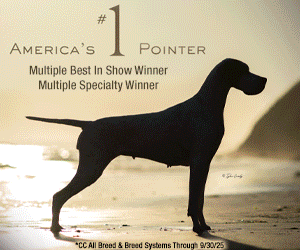Auburn Research Initiative in Cancer Awards Faculty Research Grants
by Ben Hohenstatt
The Auburn University Research Initiative in Cancer (AURIC) recently awarded five grants to Auburn University faculty to fund research to further AURIC’s goal of improving human and animal health through gaining a better understanding of cancer.
“All of the grants reflect AURIC’s One Health approach to research,” said Dr. Bruce F. Smith, director of AURIC and a research faculty member at the College of Veterinary Medicine’s Scott-Ritchey Research Center.
Grants were awarded through the High Throughput Screening Grant Program and AURIC Major Grants Program.
This year’s recipients of High Throughput Screening Grants were: Dr. David Riese, associate dean for research and graduate programs for Harrison School of Pharmacy and a member of the Department of Drug Discovery and Development; and Dr. R. Curtis Bird, professor of molecular genetics and cancer genetics in the College of Veterinary Medicine’s Department of Pathobiology.
The High Throughput Screening Grant Program is a collaborative effort between Auburn University and the Southern Research Institute. The grants award is $100,000 for one year.
AURIC Major Grants awarded $200,000 to collaborative research teams over a two-year period.
“AURIC Major Grants are designed to be a stepping stone for a collaborative team led by an established investigator with a proven track record in cancer research,” Dr. Smith said.
Three interdisciplinary research groups were awarded AUIRC Major Grants. The respective principal investigators of the research groups are Dr. Valery Petrenko, Department of Pathobiology, College of Veterinary Medicine; Dr. Allan David, Department of Chemical Engineering, in the Samuel Ginn College of Engineering; and Dr. Christian R. Goldsmith, Department of Chemistry and Biochemistry, College of Science and Mathematics.
Research subjects will include new methods to target chemotherapy to pancreatic tumors, experiments designed to target tumors at both the level of the tumor cell and molecules within the cell and new technologies to allow MRI to detect anti-cancer drug toxicities.
“Collectively, these five grants represent some of the most cutting edge cancer research being done,” Dr. Smith added.
Short URL: http://caninechronicle.com/?p=45883
Comments are closed












